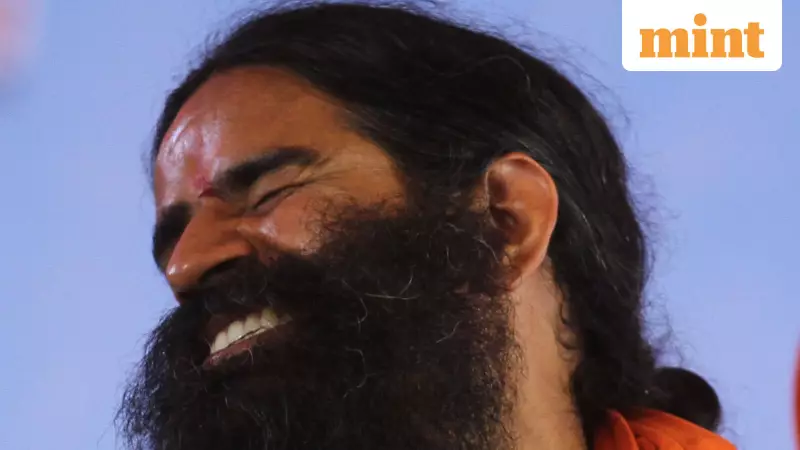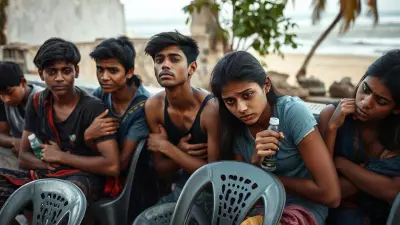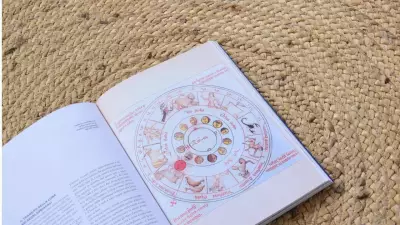
The Delhi High Court came down heavily on Patanjali Ayurved on Thursday for its controversial Chyawanprash advertisement that allegedly made misleading claims about COVID-19 protection while disparaging other products in the market.
Court's Strong Rebuke
Justice Pratibha M. Singh delivered a stern warning to the company, stating "You cannot call others 'dhoka' (fraud) or make tall claims about your own products." The court emphasized that while companies can promote their products, they cannot make false claims about competitors or mislead consumers about health benefits.
The Controversial Advertisement
The case centers around Patanjali's advertisement for its 'Coronil Kit' and Chyawanprash, which claimed the products provided protection against COVID-19. The court noted that the advertisement created a false impression among consumers that using these products would make them immune to coronavirus infection.
Legal Proceedings
The court was hearing a petition filed by the Ayurvedic Medicine Manufacturers Association of India, which challenged Patanjali's advertising practices. The petitioner argued that Patanjali was making unsubstantiated claims while unfairly targeting other Ayurvedic manufacturers.
Court's Directives
The High Court issued several important directives:
- Patanjali must refrain from making misleading claims about COVID-19 protection
- Companies cannot disparage competitors in their advertisements
- All health claims must be scientifically validated
- The Advertising Standards Council of India must monitor such claims more strictly
Industry Implications
This ruling sets a significant precedent for the Ayurvedic and FMCG industry in India. The court's strong stance signals that companies will be held accountable for making unverified health claims, especially during health crises like the pandemic.
The case has been adjourned for further hearing, with the court maintaining strict oversight on how Ayurvedic companies advertise their products during the ongoing health emergency.





